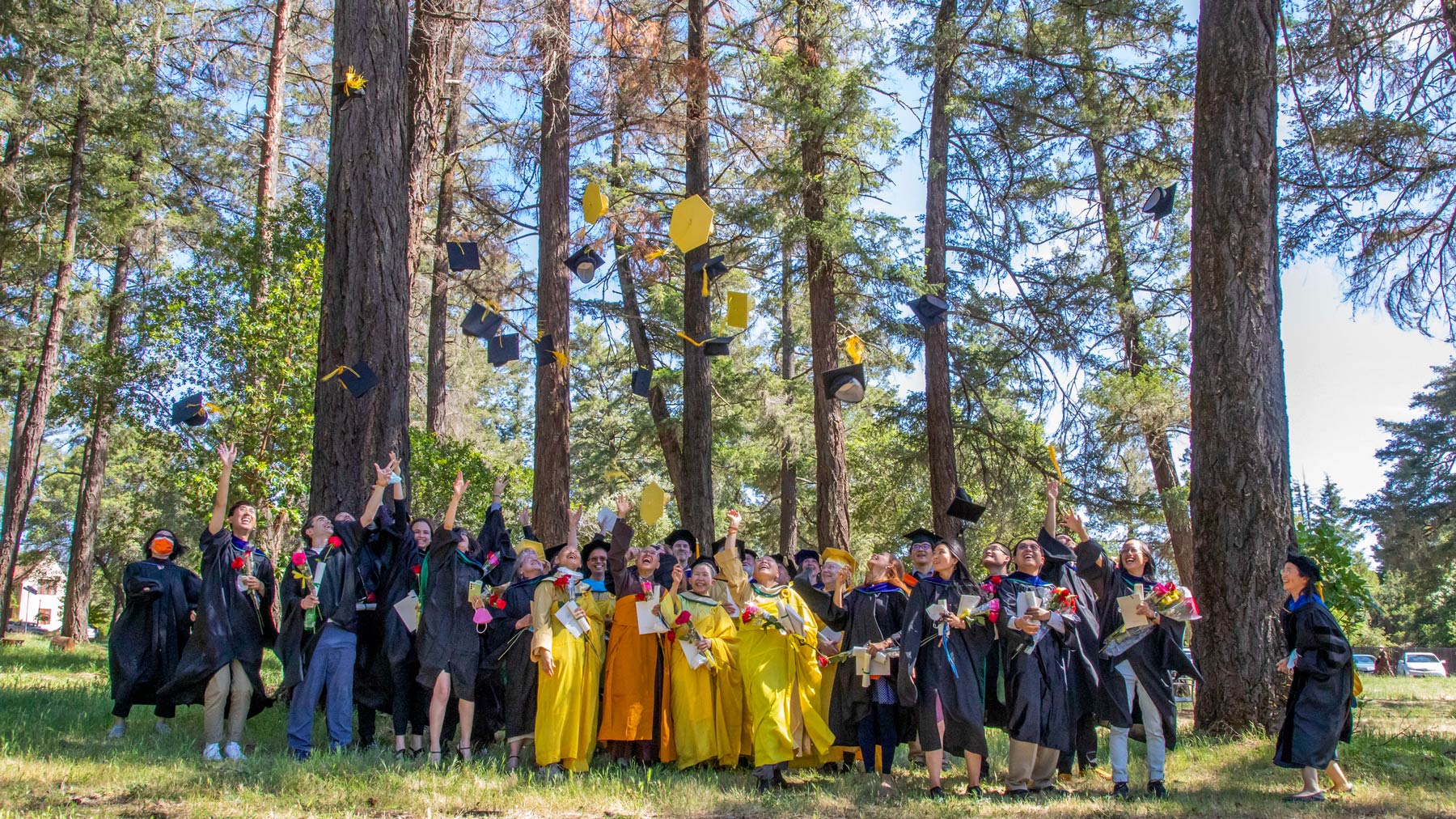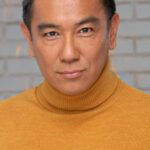Dharma Realm Buddhist University, nestled in the City of Ten Thousand Buddhas, might sound like a mythical school, in a mythical kingdom. But DRBU and “the City,” as residents call it, are very real—even if they are nestled in an especially idyllic corner of California, near Ukiah.
A fully accredited university, DRBU centers self-cultivation and the pursuit of wisdom in addition to knowledge of the arts and sciences. The student population is small with only about sixty students. This fosters strong, enduring friendships.
The city of Ukiah’s website describes the university this way: “The philosophy of DRBU requires students to live in peaceful harmony with neighbors and their surroundings. As such, students are expected to refrain from partying, playing loud music, wearing immodest clothing, and making public displays of affection.”
Attending college while refraining from partying or loud music may not seem ideal for most young adults. DRBU, however, is for those who want to walk a different path.
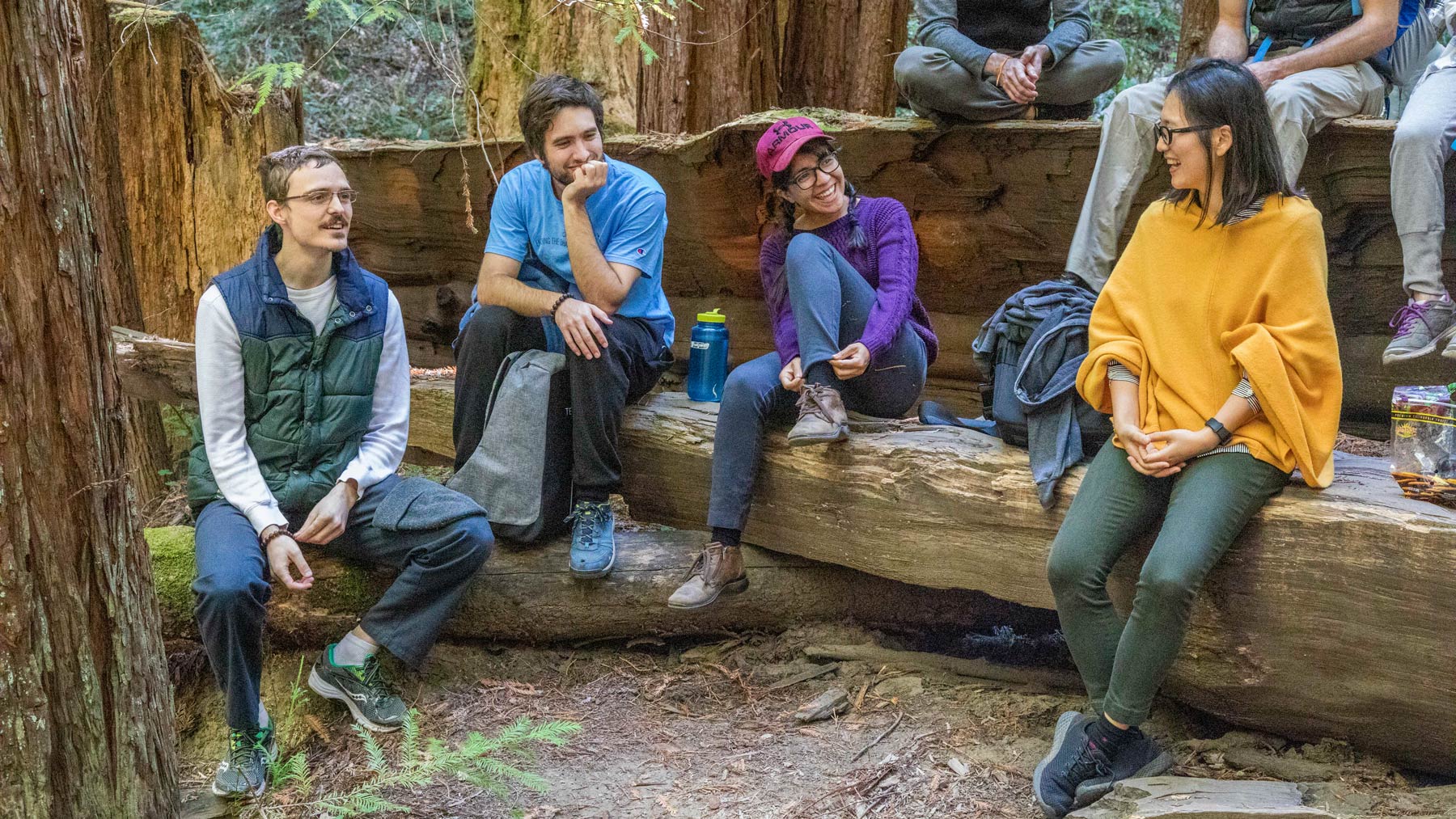
Growing up, Stacy Chen had an affinity for Science, Technology, Engineering, and Math (STEM). So, she did her undergraduate degree at the Massachusetts Institute for Technology (MIT), then she got her PhD in Molecular Biology at UC San Francisco.
Her research required a grueling sixty to eighty hours of work per week, and Chen realized that she was not getting what she wanted out of life. “That was a turning point,” she says. “The choice I was going to make was going to influence me for the next twenty, thirty years. So, I really took that decision very seriously. I had to ask myself, ‘Okay, you can continue in STEM. Your life might turn out okay. But is there something else you want to do?’”
At around the same time, Chen was asked to join a team to develop curricula at DRBU, specifically to develop an accredited Bachelors and Masters programs. Now a professor at DRBU and the Associate Dean of Program Development, she sounds more peaceful and satisfied. She’s developing a kind of contemplative collegiate life she didn’t experience when she was in school.
“When I was going to college,” she says, “the primary mode of learning in the classroom was listening to lectures, taking notes, and taking tests, but in our school, the most important activity is reading, asking questions, reflecting on the text, and dialoguing with other students.”
DRBU offers a life and education for those seeking a more dharmic path. In particular those who want alternatives to the frenetic, samsaric life that mainstream culture presents as desirable.
While there is a diverse population of white, African American, and Latinx students, about 65 percent of the student body is Asian or AsianAmerican. Asian Americans are not a monolith, with several Asian American communities having lower education and higher poverty rates. But it is well-documented that Asian Americans tend to be highly educated. This need or push for higher attainment can lead to a stressed-out life, as Stacy Chen alluded to earlier.
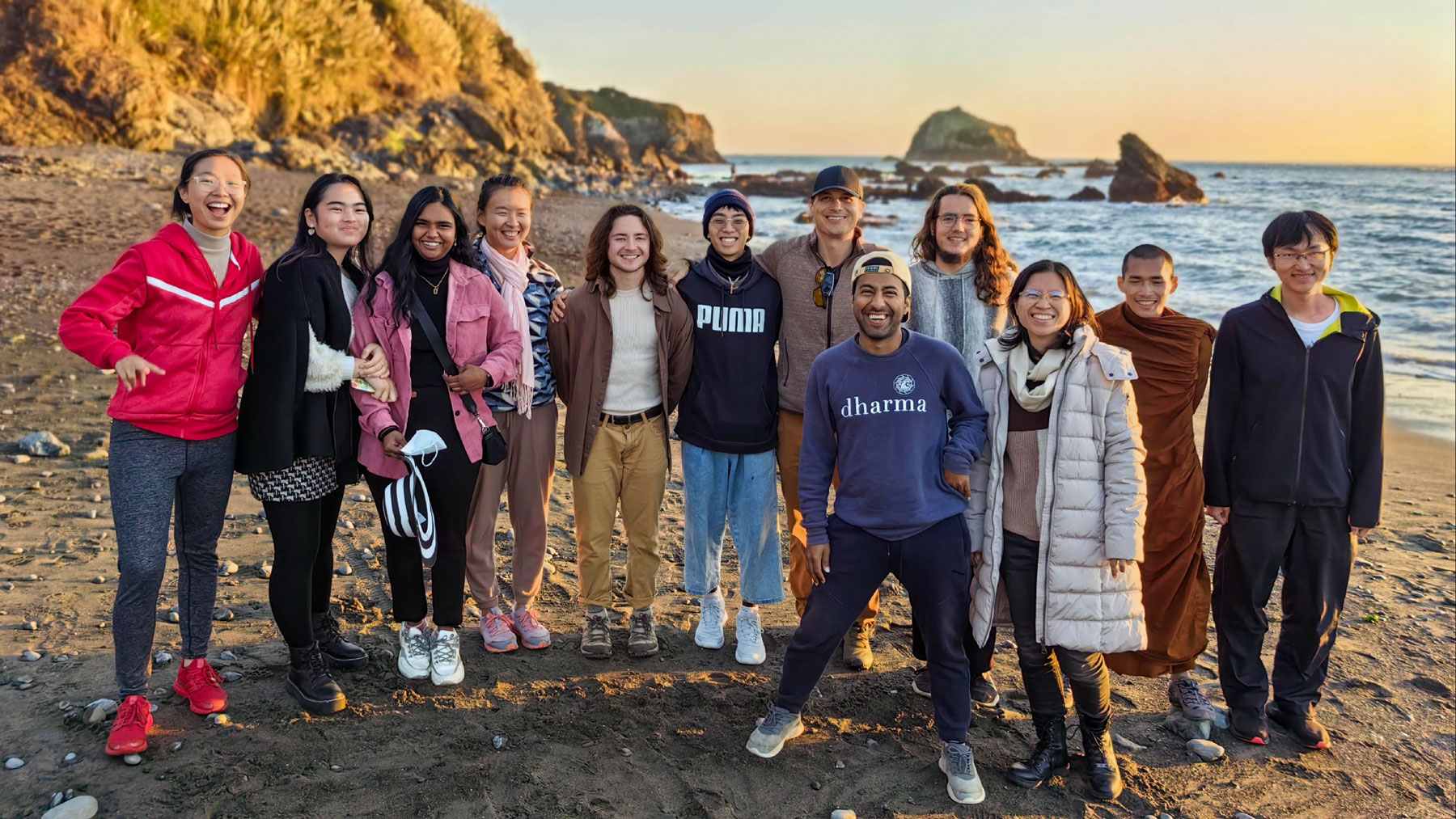
Can Asian Americans choose another life? A quieter one? One dedicated to service and self-edification? The kind of life DRBU offers? James Nguyen, a fellow at DRBU, believes they can.
Nguyen, who is of Vietnamese descent, went to Stanford, studying Business and Computer Science. He did his MBA at UC Davis studying Technology Management and Marketing. Then he started consulting and traveling for work. “I spent more time in a plane than in my room,” Nguyen says, adding that he checked off all the good Asian American boxes: go to Stanford, get your MBA, work in tech.
Meanwhile, Nguyen, who comes from a Buddhist family, also began taking his Buddhist practice more seriously. “I think we all have our own paths in life,” he says. “We each have our own circumstances, so everyone’s path is going to be different.”
Nguyen returned to school and got his Masters in Buddhist Classics at DRBU, enjoying the deep dive into Buddhist texts and other Eastern philosophies. DRBU sits on temple grounds, he notes. “Temple grounds create a different space. We are influenced by our circumstances, by the spaces we’re in. I mean, that’s why we study in monasteries. It’s easier to meditate in a Chan Hall than in Times Square.”
Dharma Realm Buddhist University is part of the City of Ten Thousand Buddhas, one of the largest dharma communities in the Western Hemisphere. The City greets visitors with a dramatic arched gate that opens up to seven hundred acres of land, four hundred of which are forests, fields, and vineyards with roaming squirrels, hares, deer, and peacocks. Eighty acres are used for a monastic complex, while twenty-five acres are used for educational, administrative, and residential purposes. The City even has an elementary school, a secondary school, and a vegan restaurant serving Malaysian-Indo-Chinese fusion cuisine.
The late Venerable Master Hsuan Hua, an influential Chan Buddhist monk, founded the City of Ten Thousand Buddhas and DRBU. Born in Jilin Province, China, in 1918, he studied at Nanhua Monastery Vinaya Academy in Guangdong, China, where he became Dean of Academic Affairs. He had a lifelong dedication to fostering education.
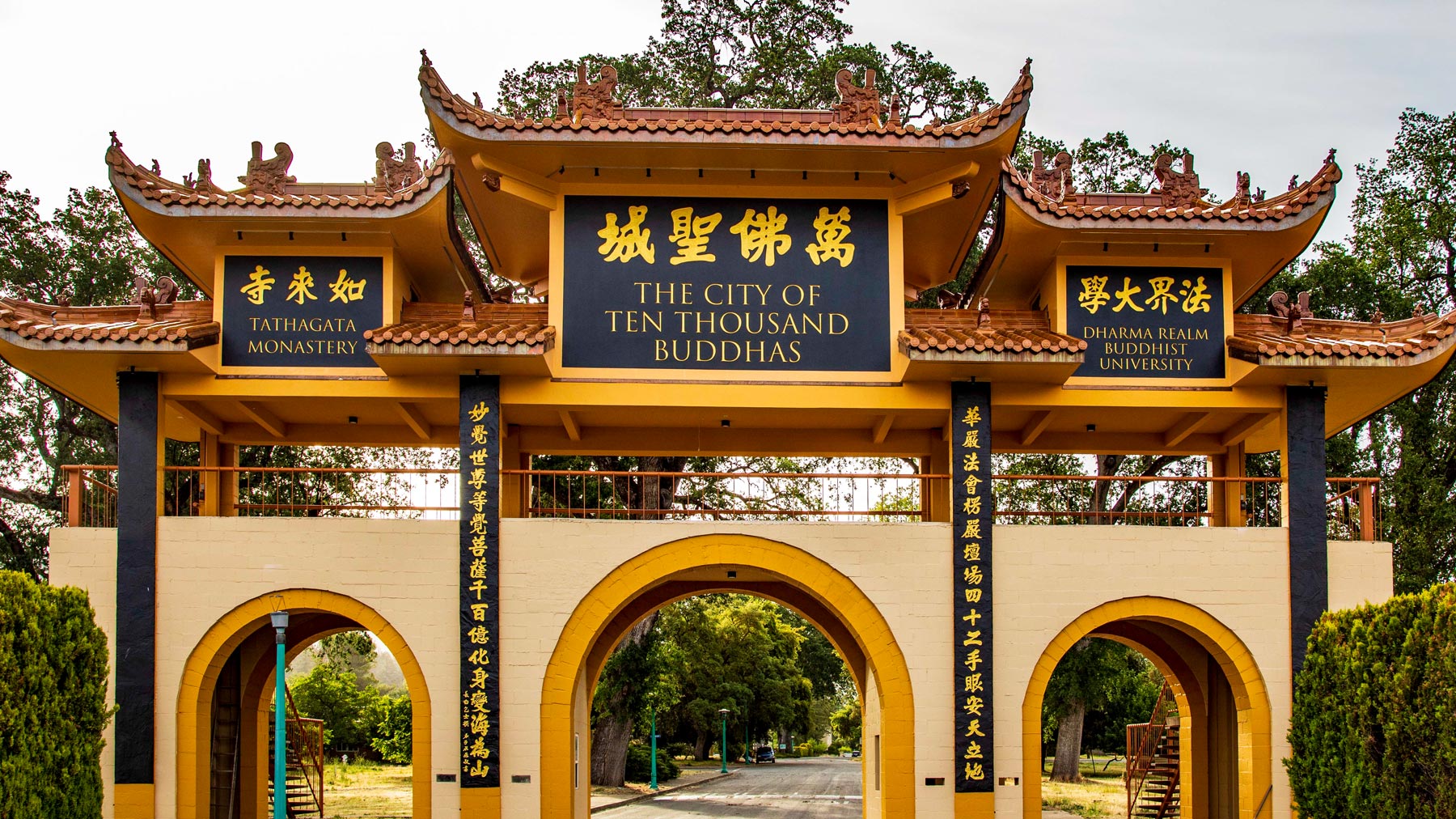
In 1959, Master Hsuan Hua started the Sino-American Buddhist Association, which would later become the Dharma Realm Buddhist Association. A few years later, he accepted his disciples’ invitation to come to America, and he went on to found Gold Mountain Monastery in San Francisco. It wasn’t long, however, before its three floors and 108 square feet felt too small, and they started to look for an additional property
The site of The City of Ten Thousand Buddhas was originally a sprawling, state-of-the-art hospital built by the Californian government beginning in the 1930s. Then a severe and unprecedented drought hit the area, which resulted in mandatory water rationing, and the hospital was not able to function. The government contracted a drilling company to dig a well, and though they tested various spots, drilling several hundred feet into the ground, they came up dry. This, among other pressures, led to the property going up for sale.
It was a stretch for Master Hsuan Hua’s community to buy such an expensive, large property, but with determination they managed to do so in 1974. After the purchase, Master Hsuan Hua was walking around with some workers who’d been hired to excavate a well. Suddenly, he tapped the ground with his staff and said, “Excavate here!”
“It won’t work,” the workers said. “We’ve already tried excavating all around this spot. There definitely isn’t any water here!”
“Just give it a try,” said Master Hsuan Hua.
So they did, and water gushed out, more than enough for the burgeoning community.
Dharma Realm Buddhist University was founded by Master Hsuan Hua in 1976. The institution’s pedagogical aim is twofold: to convey knowledge and to activate the intrinsic wisdom possessed by all people.
DRBU offers a BA in Liberal Arts with an emphasis on critical thinking and inner transformation. Their core program focuses on Buddhist, Indian, Chinese, and Western classics. For graduate work, they offer an MA in Buddhist Classics, a program where contemplative practice is integrated into the course.
At most universities, students change classes every quarter or semester, interacting with different students every time. At DRBU, in contrast, a small cohort of students remain together throughout their collegiate career.
DRBU offers a BA which costs nearly $84,000 total for four years, while an MA can run about $28,000 total for two years. They also offer a one-year translation certificate program for $7,000. But DRBU offers an enticing need-based financial aid package with the promise that 100 percent of their students graduate without student debt.
Brenda Li, a convert Buddhist, went through the Buddhist Classics program. Her first introduction to Buddhism was while she was studying neuroscience at Wesleyan University in Connecticut. A Tibetan monk was lecturing. “So, I went,” Li said, “I remember being very impacted by it. I wanted to see more.”
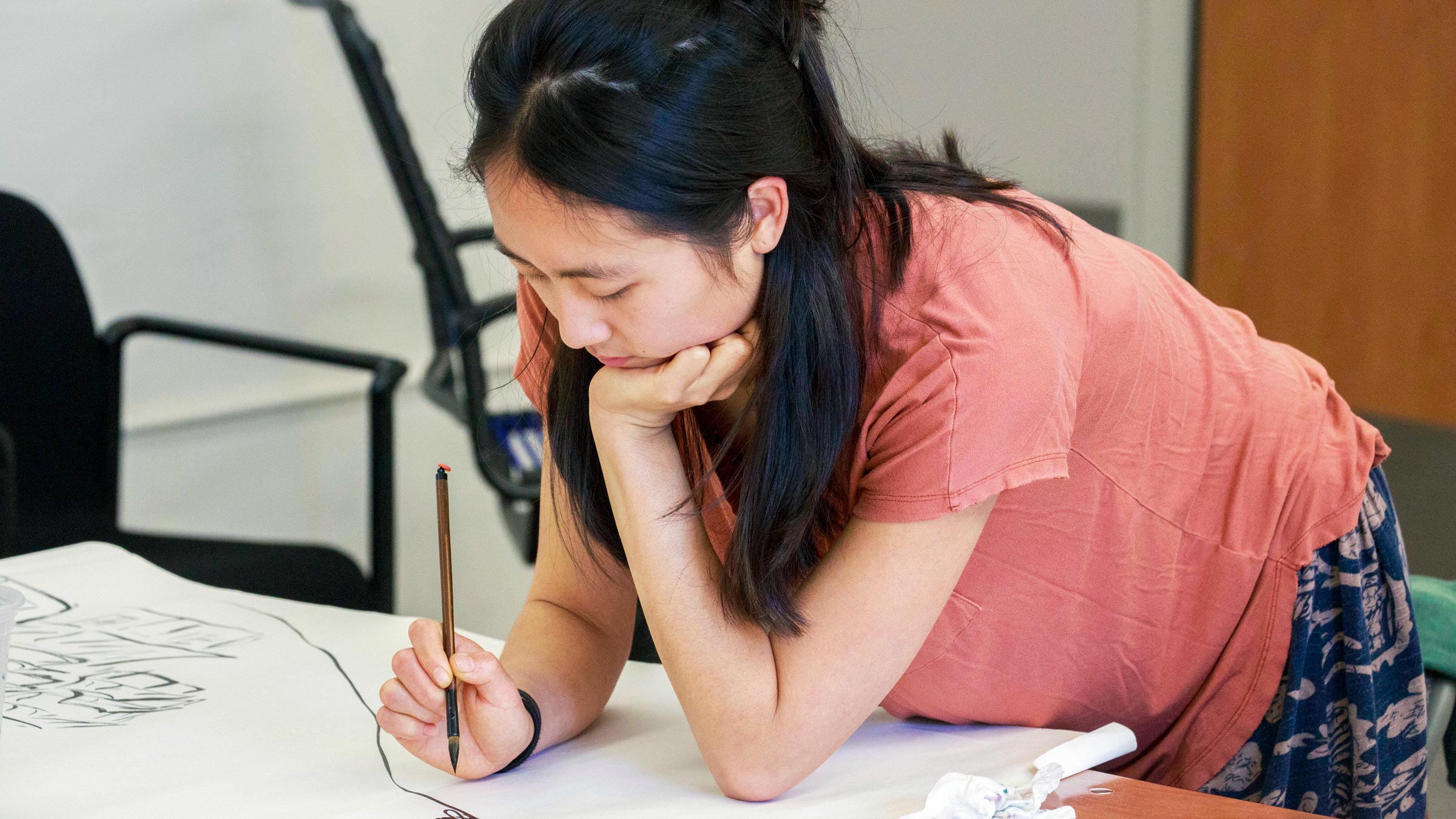
She moved to Northern California and began going to retreats at DRBU. After that, Li wanted to go to school there. She thinks it’s a comfortable place for Asian Americans to learn. “You definitely don’t feel like a minority.” There are lots of Asians who attend, and most of the monastics on the grounds are of Asian descent. “I feel like, as an Asian American, especially if your parents immigrated, there’s a familiarity.”
For those wondering if a more contemplative educational experience is possible, DRBU chaplain and assistant professor Bhikshu Jin Chuan has this advice: “It comes down to setting a pure intention and not setting a deadline. Then let go, trust in that intention, and start to slowly make decisions that are aligned to that deeper purpose.”
For those at DRBU, developing a deeper purpose is an important part of their collegiate life. Alumni have gone on to work in non-profit and for-profit industries, oriental medicine, translation, and technology. Others have continued their education in graduate studies at UC Berkeley and University of Rochester to name a few. A foundation in Buddhist wisdom and contemplative living will certainly inform their futures.
As Master Hsuan Hua once said, “Education is without beginning or end. There is not a single location that is not a place of learning, and there is not a single moment that is not a time of learning.”
